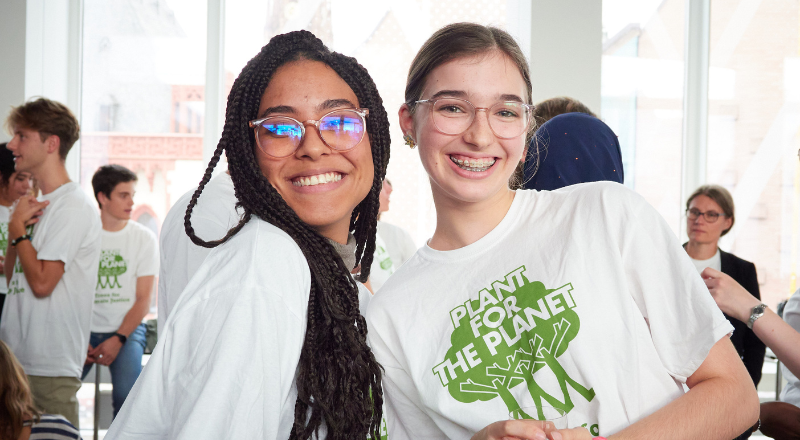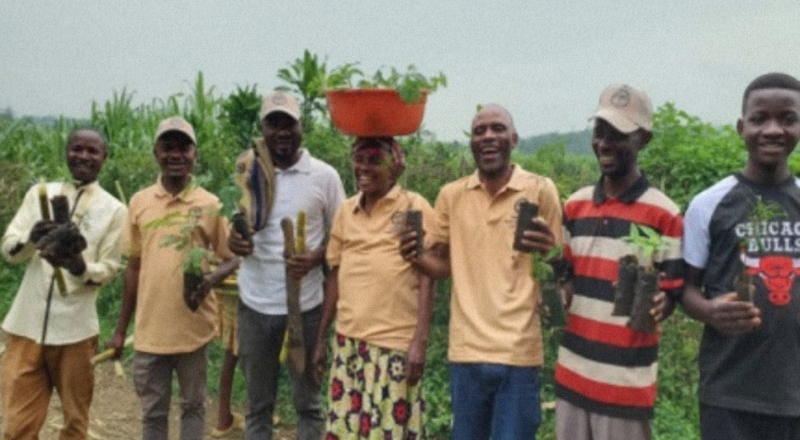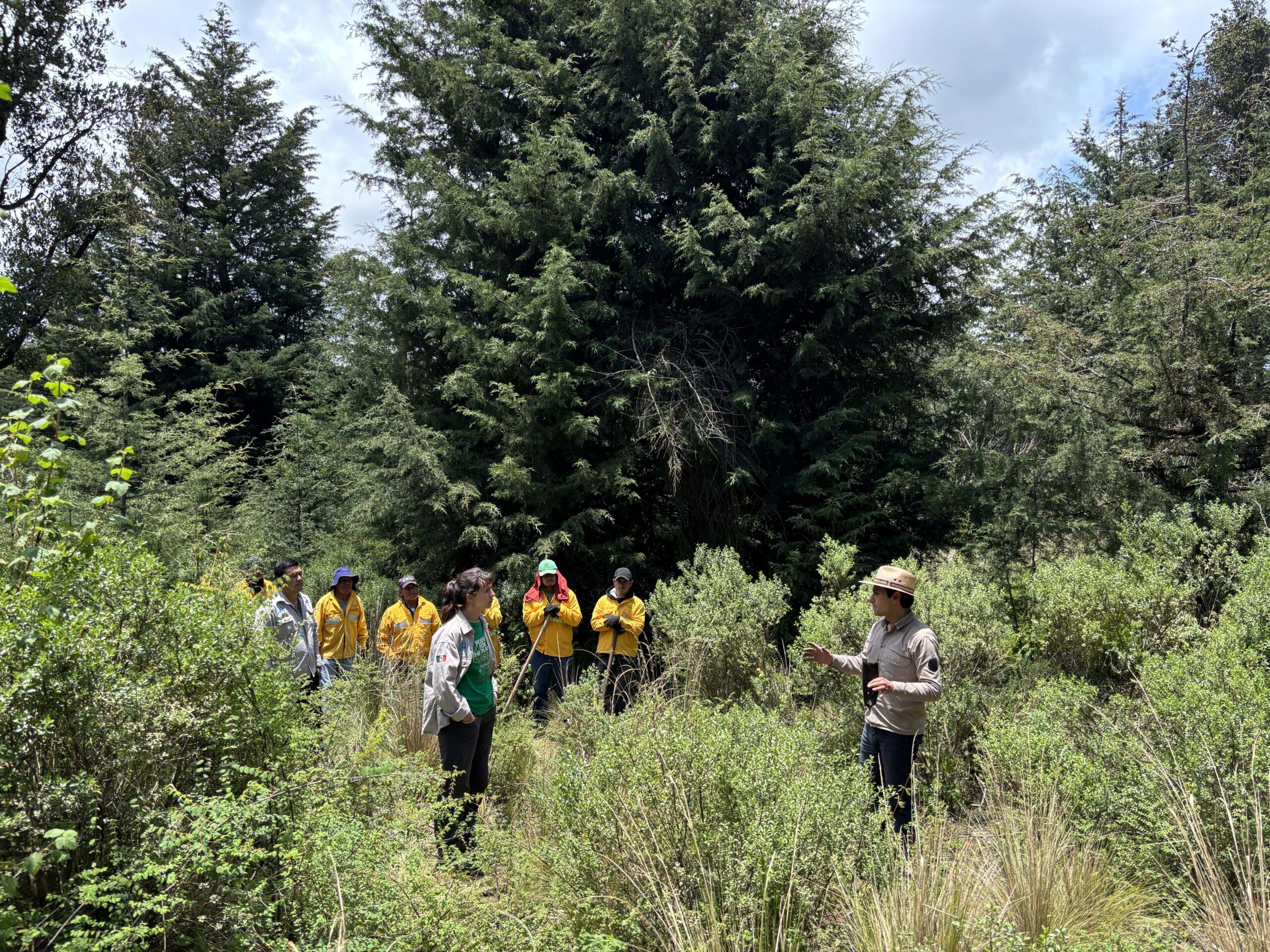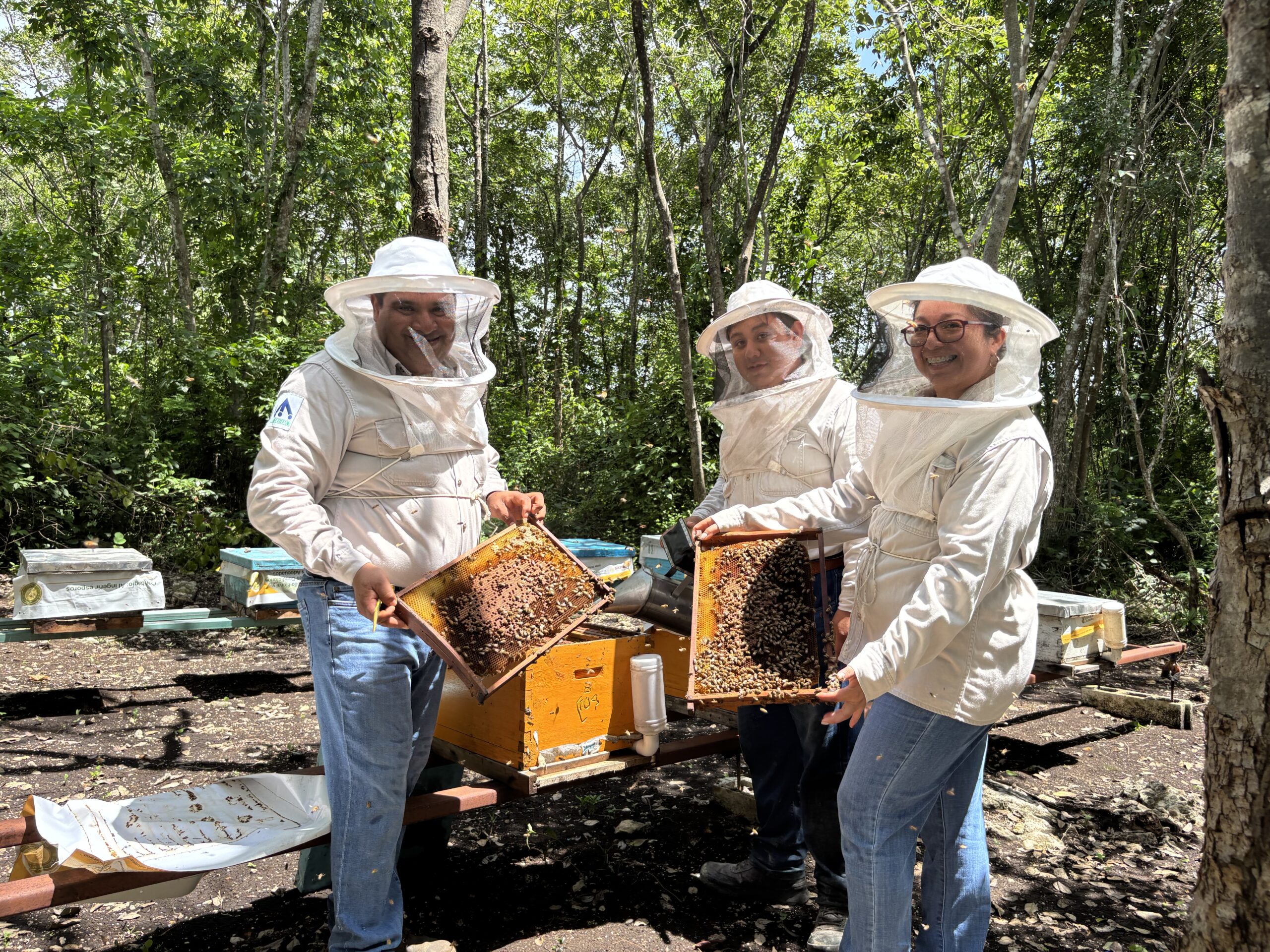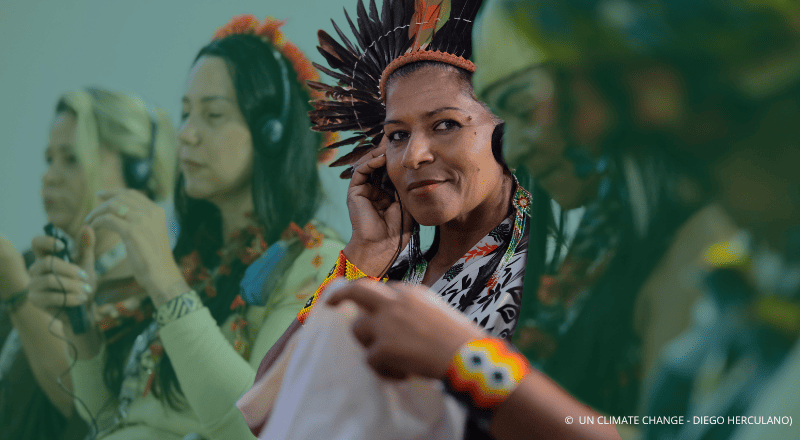
COP 30 arrives at a moment unlike any before it. Around the world, people are doing whatever it takes to reach Belém – sailing, hitchhiking, sleeping on ships – because this conference promises something rare: the chance for real people, especially those most affected by the climate crisis, to place their voices at the center of global climate governance. After a year of record heat, a historic advisory opinion by the International Court of Justice, and a global finance system still failing those on the frontlines, this COP cannot be business as usual. It must be a turning point. And Plant-for-the-Planet must be there to defend forests, uplift children’s and civil society’s voices and insist that justice, not lobbyists or delay, shapes the future.
1. Fossil fuel lobbyists are outnumbering all delegates
This year’s COP is being described as a “people’s COP” yet the halls of Belém are filled with more than 1,600 fossil fuel lobbyists: one in every 25 participants. They outnumber almost every country’s entire delegation. For nations like the Philippines, facing back-to-back typhoons, lobbyists outnumber official delegates by nearly 50 to 1. For Jamaica, reeling from Hurricane Melissa, the ratio is 40 to 1. Over the last five years, more than 7,000 fossil fuel lobbyists have attended UN climate summits, even as oil and gas companies expand extraction, buy influence, and continue a long playbook of obstruction.
This is a huge problem! When the industries most responsible for the crisis have greater access to negotiations than the communities living with its consequences, climate governance becomes corporate capture. Even the ICJ has warned that continued fossil fuel expansion may now constitute an internationally wrongful act. Yet this year, these same industries walk into COP freely, while many Indigenous and frontline delegates struggle to receive accreditation or resources to attend.
This imbalance makes civil society’s presence essential. Plant-for-the-Planet’s work, centered on forests, justice, and children, exists outside the interests of corporate profit. We are here to protect people, ecosystems and the futures that depend on decisions being made in Belém.
2. The world has now breached the 1.5°C threshold and communities are gathering in Belém to be heard
The confirmation that the world passed the 1.5°C heating threshold in 2024 is a line we can’t uncross. Some regions are warming even faster due to geographic and socioeconomic vulnerabilities. Typhoons striking the Philippines weeks apart, 50°C heatwaves compounding floods in Pakistan, severe drought in Iran that could force entire cities to relocate, these are not projections but present realities.
Frontline communities, already facing loss of homes, food insecurity, displacement, health crises, and cultural erosion, are gathering in Belém with a message: nothing about us, without us. Fenceline communities (those living beside refineries, pipelines and extraction sites) are equally clear. Pollution, destruction of water and land are violations of human rights.
In this context, the COP 30 Presidency’s decision to frame this summit as the “Mutirão COP” (a collective, people-centered COP) is profound. It aligns with the creation of the Global Ethical Stocktake, which asks governments not only if they are meeting climate goals, but whether they are meeting their moral obligations to those affected. Plant-for-the-Planet has ensured that children are part of this ethical conversation (read more in our blogpost). Through dialogues across Africa, Asia, the Americas and Europe, more than 600 children shared how climate impacts shape their daily lives, their education, and their sense of security. They spoke of disrupted rainfall, disappearing crops, damaged homes, severe heat waves, that caused schools to close, and the urgent need for justice rooted in fairness, responsibility, and intergenerational solidarity.
These voices, often overshadowed in negotiations dominated by political interests and industry influence, will be delivered directly in Belém by our Climate Justice Ambassadors. It is our responsibility to ensure they are not ignored.
3. Climate finance is still missing the mark with adaptation and forests left behind

While climate damages escalate, the global finance system remains deeply misaligned with the needs of communities and ecosystems. Only a tiny percentage of climate finance today goes to adaptation, and even less reaches grassroots organizations or youth-led initiatives. Much of what does reach vulnerable countries comes as high-interest loans, trapping countries like Pakistan (responsible for less than 1% of global emissions) in deeper cycles of debt even as they struggle to rebuild after climate disasters.
Forestry and nature-based solutions continue to be severely underfunded, despite clear scientific evidence that healthy ecosystems are essential for both mitigation and adaptation. This year alone, Australian forests were reported to no longer function as carbon sinks due to repeated fires, drought, and degradation. At the same time, data from Global Forest Watch at the World Resources Institute shows that global tree cover loss reached a record 30 million hectares in 2024, including 6.7 million hectares of primary tropical rainforest – disappearing at a rate of around 18 football fields per minute – with nearly half of this loss driven by fires that released an estimated 4.1 gigatons of greenhouse gas emissions (read more in our blogpost).
In a world where most climate finance continues to flow toward technology and energy, often in ways that replicate old inequalities, we must insist that forests are not an afterthought. Forests are a climate infrastructure. They are the foundation of water cycles, biodiversity, and resilience. At COP 30, Plant-for-the-Planet will advocate for long-term, stable financing for forests and for mechanisms like the Tropical Forests Forever Facility, which aims to reward countries for keeping forests standing year after year.
If the world wants a livable climate, it must start funding nature, not treating it as secondary.
4. After the ICJ ruling and a year of devastating climate impacts, bottom-up voices and Indigenous leadership must be part of climate action
The ICJ’s historic advisory opinion in 2025 changed the legal and moral landscape of climate governance. It stated clearly that states have a human rights obligation to protect a clean, healthy and sustainable environment, and that expanding fossil fuel extraction may breach international law. This ruling reinforces what communities have said for decades: climate inaction is unjust.
This year’s record heatwaves, fires, floods, and droughts, especially in countries that contributed the least to the crisis, show what injustice must mean. Pakistan, responsible for under 1% of global emissions, requires more than USD 16 billion in recovery efforts after catastrophic flooding, yet nearly all support arrived as loans. Small island states face existential threats from sea-level rise. Indigenous territories in the Amazon face pollution, land grabs, and displacement without consultation.
Listening to Indigenous peoples, their knowledge, their warnings, their solutions, is essential. The Global Ethical Stocktake has already shown how culture, tradition, and lived experience can shape more grounded and ethical climate decisions. And children have made it clear that climate justice must include intergenerational justice.
Plant-for-the-Planet’s work at COP 30 is to ensure these bottom-up perspectives are not symbolic, but genuinely shape the outcomes. Our delegates are united by a mission: to push for real implementation, long-term forest protection, accessible adaptation finance, and meaningful participation for the generations who will live longest with the consequences of today’s decisions.
We come to Belém not as observers, but as advocates for justice-driven climate action. For forests. For children. For communities that refuse to be sacrificed. For a future where climate governance serves people and not polluters.
And this year, more than ever, we must be present and loud.
Sources:
- Climate Policy Initiative. (2025). Global Landscape of Climate Finance 2025. https://www.climatepolicyinitiative.org/publication/global-landscape-of-climate-finance-2025/
- https://www.theguardian.com/environment/2025/nov/14/fossil-fuel-lobbyists-cop30
- https://www.amnesty.org/en/latest/campaigns/2025/11/what-is-cop-and-why-is-this-years-meeting-in-brazil-so-important/
- https://cop30.br/en/news-about-cop30/cop30-launches-guide-for-self-organized-dialogues-of-the-global-ethical-stocktake
- https://www.abc.net.au/news/science/2025-10-16/australian-rainforest-trees-carbon-storage-producer/105886554
